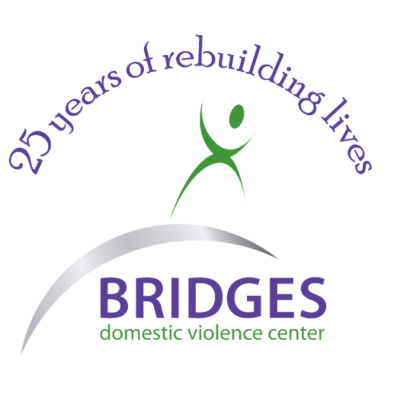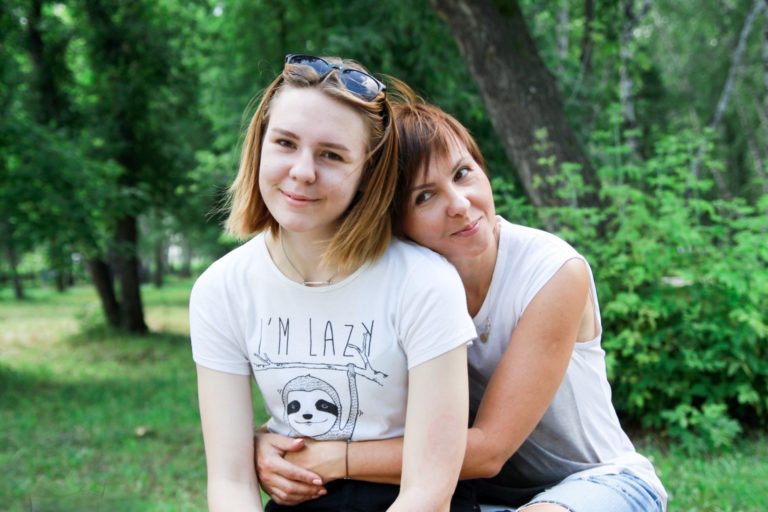Children who witness domestic violence or are victims of abuse themselves are at serious risk for long-term physical and mental health problems. In addition, children who witness violence between parents may also be in danger of being violent in their future relationships.
If you are a parent experiencing abuse, knowing how to protect your child from the consequences can be challenging.
What Are Some Of The Effects Of Domestic Violence Or Abuse On Children?
- Short-term Effects
- Children in homes where abuse is taking place may feel fearful and anxious. They may feel as though they always have to be on guard, wondering when the next violent event will happen. Preschool-aged children may regress to behaviors of a much younger child, while older children may self-isolate, experience physical issues – such as headaches and stomach aches – and become troublesome. Fighting and bullying behaviors are not uncommon.
- Long-term Effects
- Children who witness or are victims of emotional, physical, or sexual abuse are at higher risk for health problems when they become adults. These can include mental health conditions, such as depression and anxiety. They may also develop serious physical health issues, including diabetes, obesity, heart disease, poor self-esteem, and other problems.
How Can I Help My Child Recover From The Effects Of Violence In Our Home?
It is always possible for your child to recover from the effects of domestic violence, and there are some things you can do to help them do so. Here are some actions you can take:
- Help them feel safe. You may consider leaving the abusive relationship to help your child feel safer.
- Talk to them about their fears. Help them to understand that it’s not their fault or your fault.
- Talk to them about healthy relationships. Help them learn from the abusive experience by discussing what a healthy relationship looks like.
- Talk to them about boundaries. Explain to your child know that no one has the right to touch them or make them feel uncomfortable. Also, explain to your child that they don’t have the right to touch another person’s body, and if someone tells them to stop, they should do so immediately.
- Help them find a reliable support system, such as a school counselor, a therapist, or another trusted adult who can provide ongoing support. Keep in mind that anyone in a professional position is required by law to report abuse if they have reason to believe it is occurring.
- Get your child professional help, such as sessions with a licensed therapist or counselor.
Bridges Domestic Violence Center is here to help you recover from a domestic violence situation. Our services include Temporary Shelter, Child Advocacy, Support Groups, Crisis Intervention, and much more.
Our 24-hour crisis hotline is staffed by our experienced team, who can help in emergencies. We also provide an outreach support group and shelter at an undisclosed location. Our services are supported by local law enforcement officials, government grants, corporations, foundations, and individual contributions.
If you or someone you care about needs help, please contact us immediately online or call us at (615) 599 5777!
If you are interested in getting involved with Bridges Domestic Violence Center, consider attending one of our events, volunteering, or shopping our products; all purchases directly benefit our Center.
We are a member agency of United Way of Greater Nashville.

